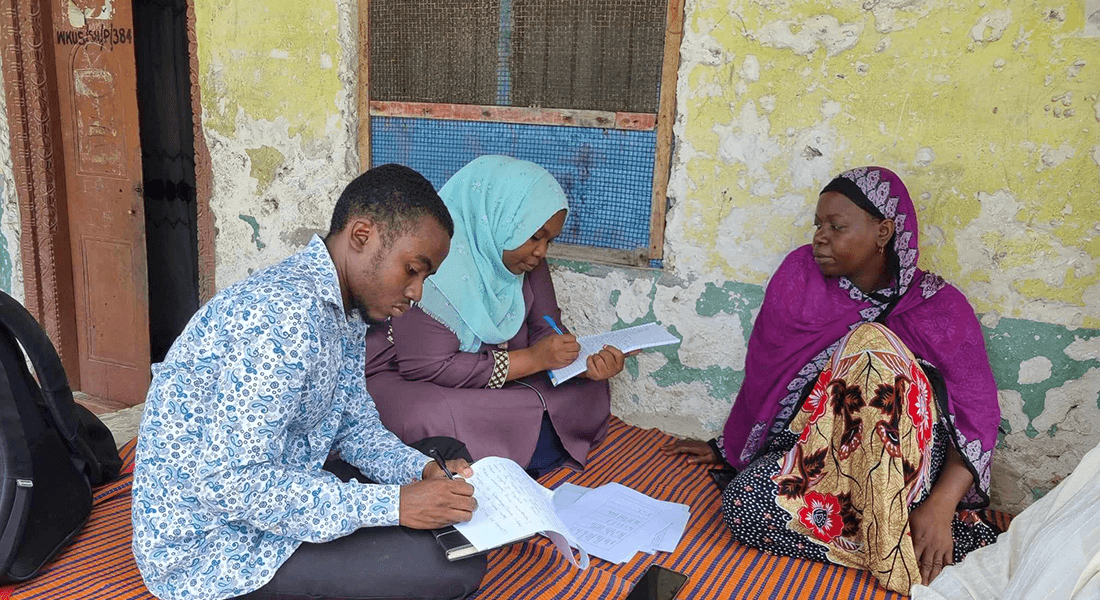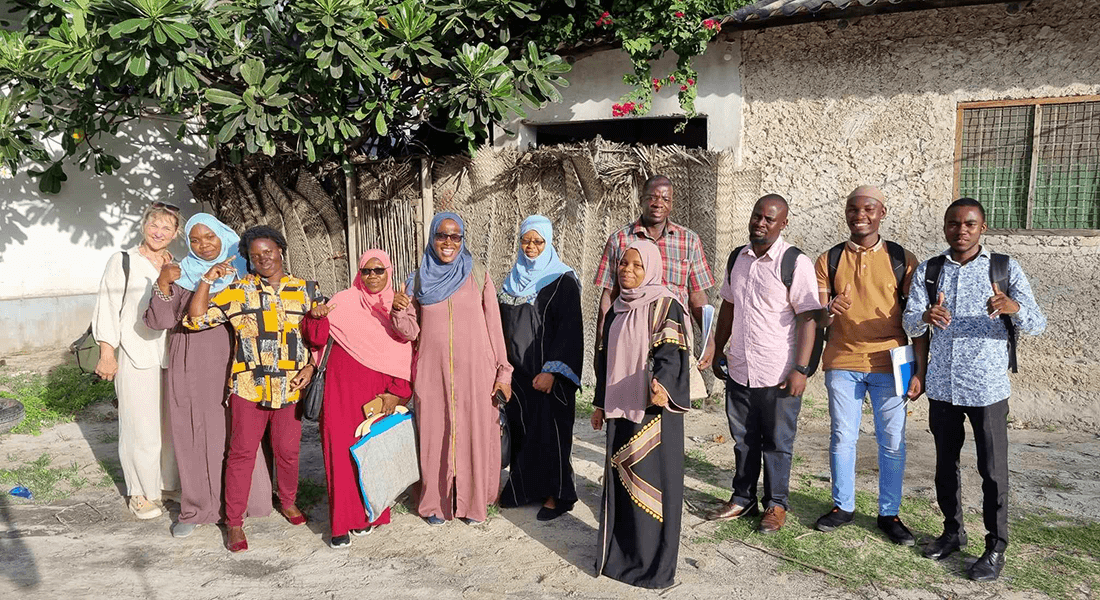New research project investigates gender and climate change adaptation in Tanzania
Climate change has serious consequences for populations in Tanzania and it affects women and men differently, depending on their life circumstances. The new project “Himili Pamoja”, which means “adapt together” will investigate what possibilities women and men have for adapting to climate change in rural communities in Tanzania. Check out the video below explaining the project in detail.

During a field visit to Paje – a fishing village and popular tourist destination on the East coast of Zanzibar, Tanzania – the project team did their very first qualitative interviews. The three principal investigators, four PhD students and several student assistants were conducting interviews with seaweed farmers and villagers all day long.
We were lucky to catch a few of them for quick interviews about the project:
About the project
Climate change has serious consequences for populations in Tanzania. Local populations experience this as rising temperatures, flooding of coastal agricultural areas, changing rainfall patterns and increase in crop failures, plants and animal pests. With 66% of the population employed in the agricultural sector, climate change will critically affect food security and the goal of sustainable development.
Climate change affects women and men differently, depending on their life circumstances. In addition, initiatives to adapt to climate changes have different consequences for women and men. This project therefore has a focus on gender in climate change adaptation.
The project seeks close collaboration with district authorities and selected rural communities in two districts in Mainland Tanzania and two districts in Zanzibar. The research project will strengthen Tanzanian research within the cross- disciplinary field of gender and climate change adaption.
The project partners are:
- University of Dar as Salaam
- State University of Zanzibar
- University of Copenhagen

Stay updated on the project website here.
Contact
Mary Mtumwa Khatib, Acting Head, Tropical Research Centre for Oceanography, Environment and Natural Resources, mamkhat@yahoo.com
Edmund Mabhuye, Lecturer, Institute of Resource Assessment & Centre for Climate Change Studies, edmund.mabhuye@gmail.com
Britt Pinkowski Tersbøl, Interlinking Principal Investigator, Global Health Section, University of Copenhagen, briter@sund.ku.dk
